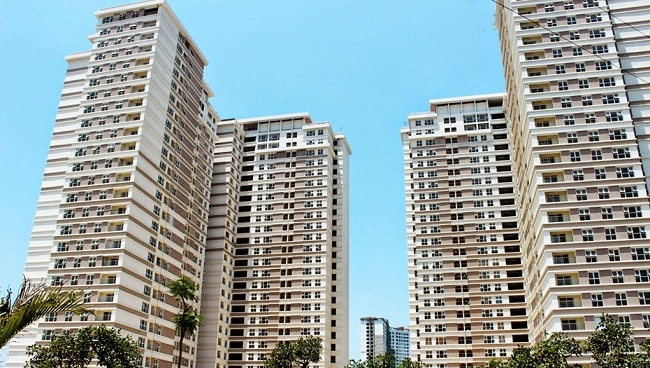CEO Group breaks ground on Novotel Cam Ranh Resort, cementing commitment to Vietnam’s luxury tourism landscape




Analysts say it may be necessary to have more stringent enforcement measures followed by existing regulations

Current regulations put forward by the Ministry of Construction stipulate that apartment buyers must pay two per cent of the unit’s value to contribute to a property maintenance fund.
The need for such fund have become more apparent in Vietnam as modern property developments have equipment that need to be maintained regularly, including elevators, water pumps and air conditioners, among other amenities.
However, there are concerns these funds are not being used properly. While homebuyers expect the funds will be used for building maintenance, developers may be tempted to use those funds to bankroll other projects.
Legal provisions requiring developer to maintain their building do exist, but experts say there are no enforcement measures regarding the use of maintenance funds.
According to regulations, within seven days of being established, the developer must hand over the fund to the property management board. In practice, however, many do not follow suit.
Analysts say it may be necessary to have more stringent enforcement measures followed by existing regulations. Bank facilitating property transactions could play a role by separating the maintenance fees as collateral for home purchases. This could prevent the funds from being used for other purposes.
Essensia Parkway makes significant impact in the high-end real estate market as 100 per cent of the limited collection was successfully registered within just a few hours at the launching event with the theme “Live lux-well, in a truly refined world”.
Essensia Parkway is set to mark a significant milestone as the first branded residences project in Ho Chi Minh City to be operated by WorldHotels – one of the finest portfolios of independent hotels and resorts within BWH Hotels.
Parc Hanoi marks Indochina Kajima's first office-for-lease project in its $1 billion investment plan in Vietnam.
While the average price of apartments in Hanoi has reached new heights, with supply primarily concentrated in the premium and luxury segments, there are still no signs of a price slowdown.
The supply of luxury apartments in central Hanoi is becoming increasingly scarce, pushing starting prices to new highs.